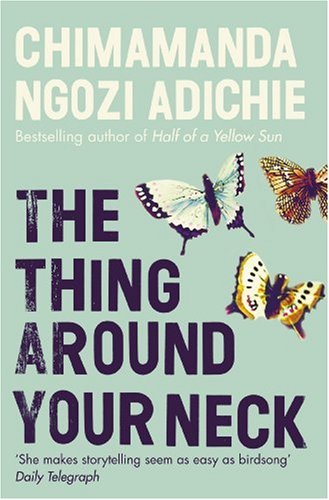A book about a child soldier in an unnamed west African state sounds a lot like like a book you ought to read rather than one you'd want to. But Nigerian writer Uzodinma Iweala avoids this problem by making his narrator's voice compelling from the very start:
"It is starting like this. I am feeling itch like insect is crawling on my skin, and then my head is just starting to tingle right between my eye, and then I am wanting to sneeze because my nose is itching, and then air is just blowing into my ear and I am hearing so many thing: the clicking of insect, the sound of truck grumbling like one kind of animal, and then the sound of somebody shouting TAKE YOUR POSITION RIGHT NOW! QUICK! QUICK QUICK! MOVE WITH SPEED! MOVE FAST OH! in voice that is just touching my body like knife."
The entire book is written in this register - a pidgin English that apparently mimics the speech patterns of various west African dialects. Surprisingly, it failed to get on my nerves and I read it with the urgency that the present continuous tends to evoke. Agu, the nine year old narrator is recruited by a band of guerrillas at the start of the book and is quickly brought into the fold by being forced to commit a brutal killing.
(And here, readers, is where I lost my train of thought while I was writing this review a couple of months ago and went scouting the internet for pictures of cats dressed as pirates or something instead. It happens. But since then everyone has got very excited about this Joseph Kony fella and child soldiers have become, like, so hot right now. Would I sound like some prick of a hipster if I said that I was into child soldiers before you all even knew about them? I would. I dunno, read this book instead of watching some shoddy viral video if it's a topic you're concerned with. It's not fun, but it's good.)






